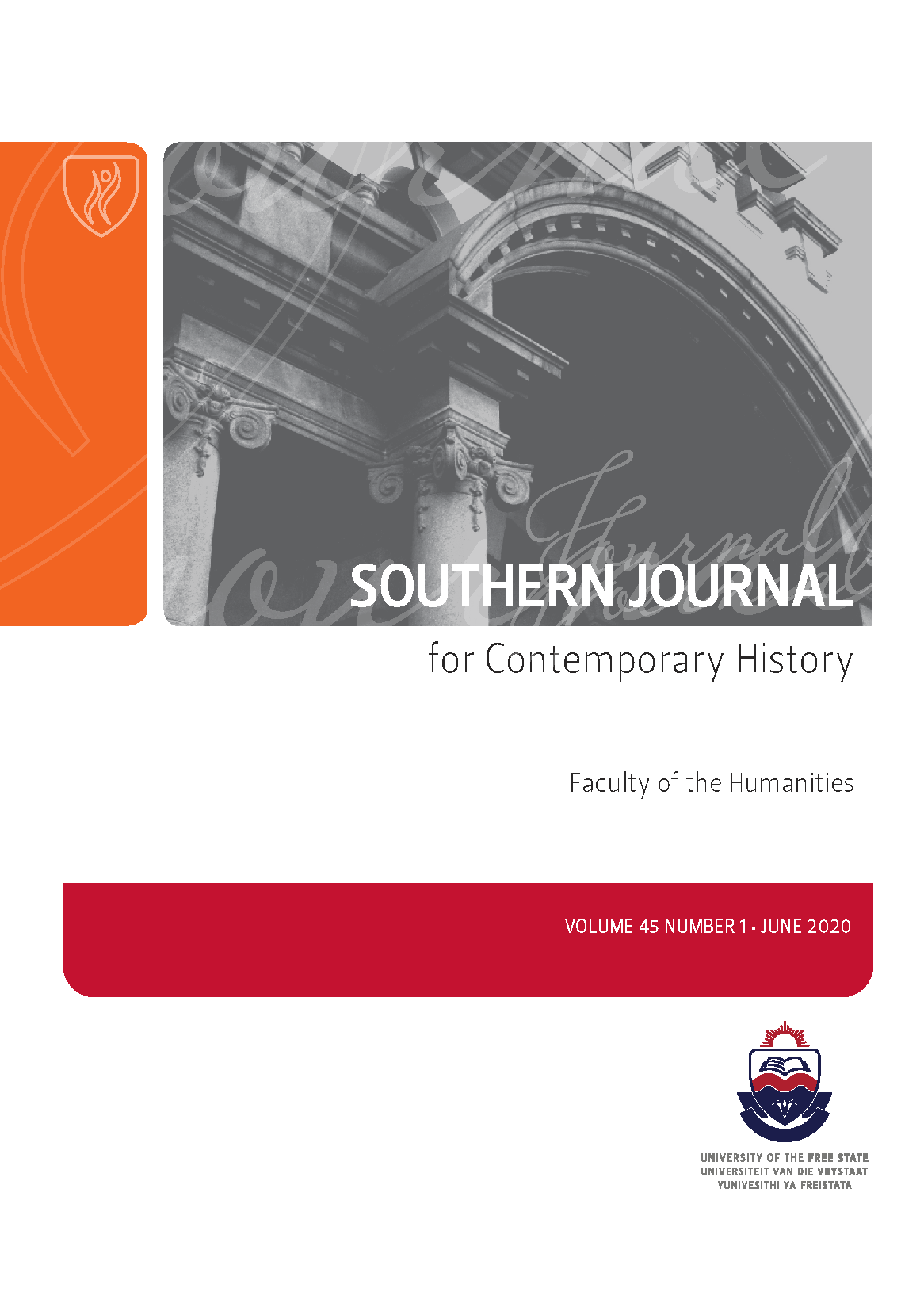The paradox of democratisation in Africa: Chieftancy, land rights and Konkomba exclusion in Northern Ghana in the 1990s
DOI:
https://doi.org/10.38140/sjch.v45i1.4559Keywords:
Konkomba, Northern Ghana, Belonging, Land, Chieftancy, DemocratisationAbstract
This article explores the paradoxical impact of democratisation on belonging in northern Ghana. It argues that, while democratisation was expected to forge inclusion and create political space for marginalised ethnicities to acquire rights to chieftaincy and land, it rather reified and institutionalised their exclusion. The adoption of constitutional rule in Ghana in 1992 rapidly diminished state power and weakened its capacity to administer justice through the redistribution of resources. Formalising land ownership and chieftaincy through constitutional provisions created boundaries of exclusion and set the stage for violent conflicts. The article makes the point that constitutional rule in Ghana stimulated struggles over belonging and led to local mechanisms of exclusion based on autochthony.
Downloads
##submission.downloads##
Published
How to Cite
Issue
Section
License
Copyright (c) 2020 Author(s)

This work is licensed under a Creative Commons Attribution 4.0 International License.




